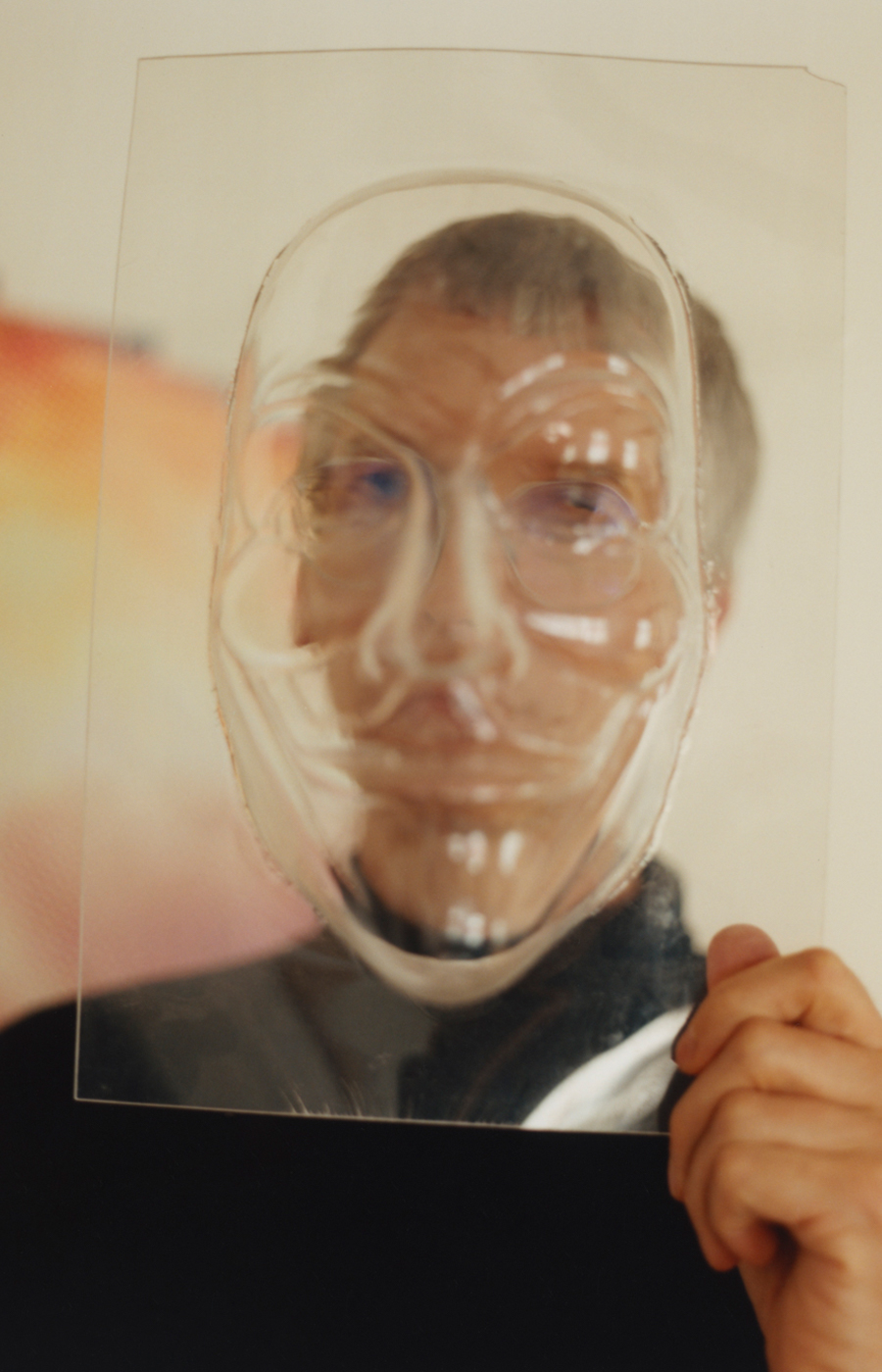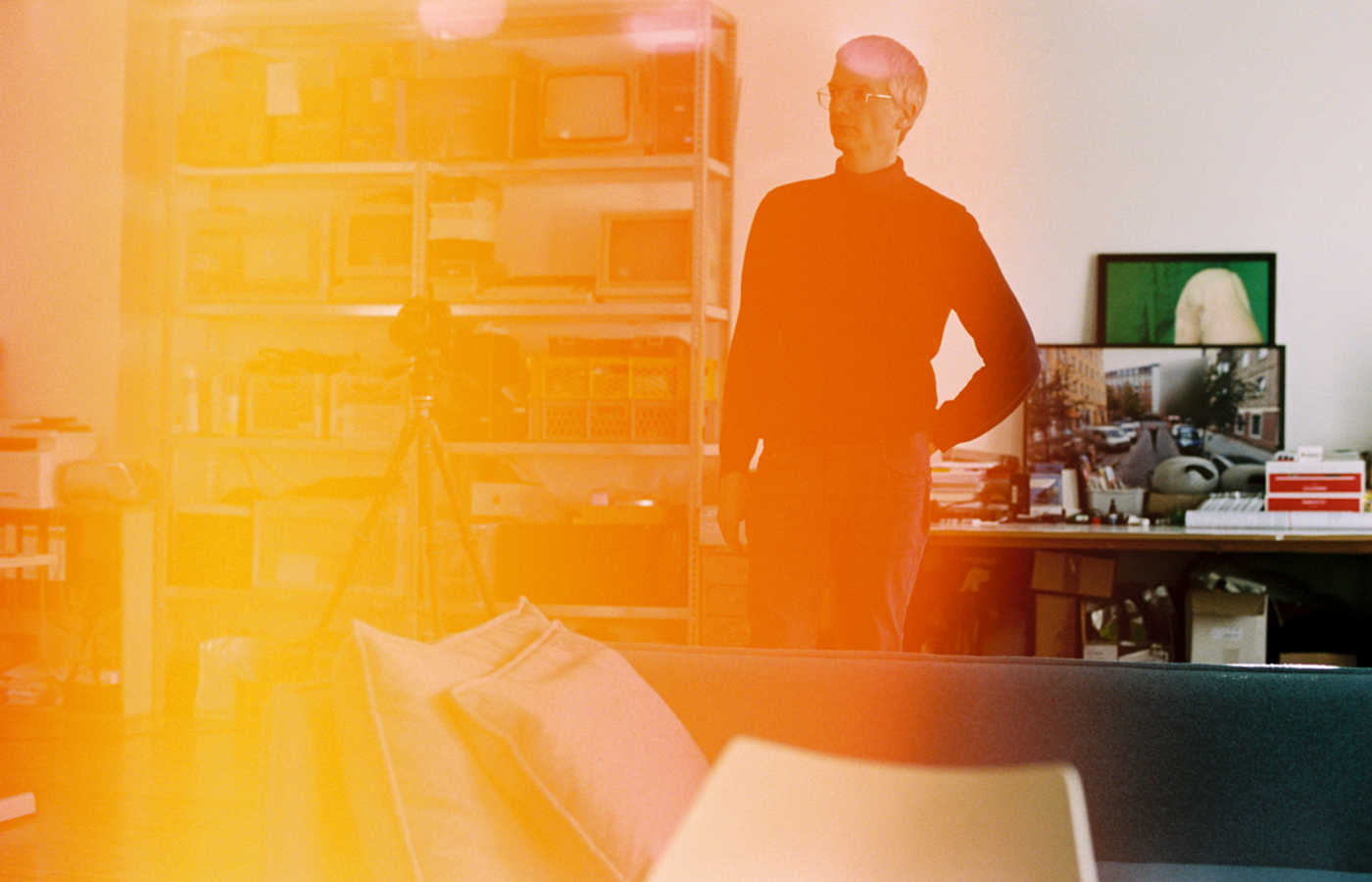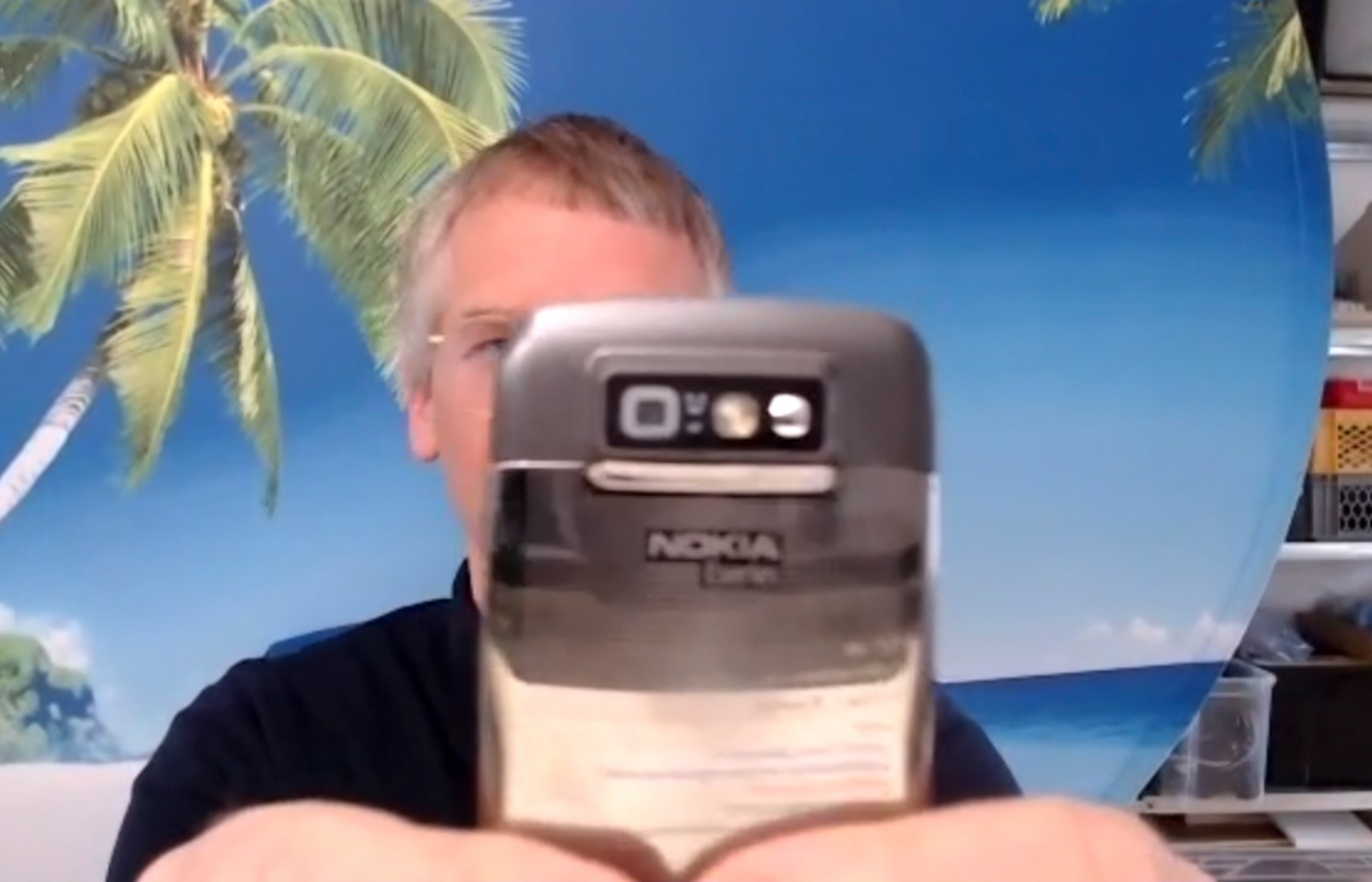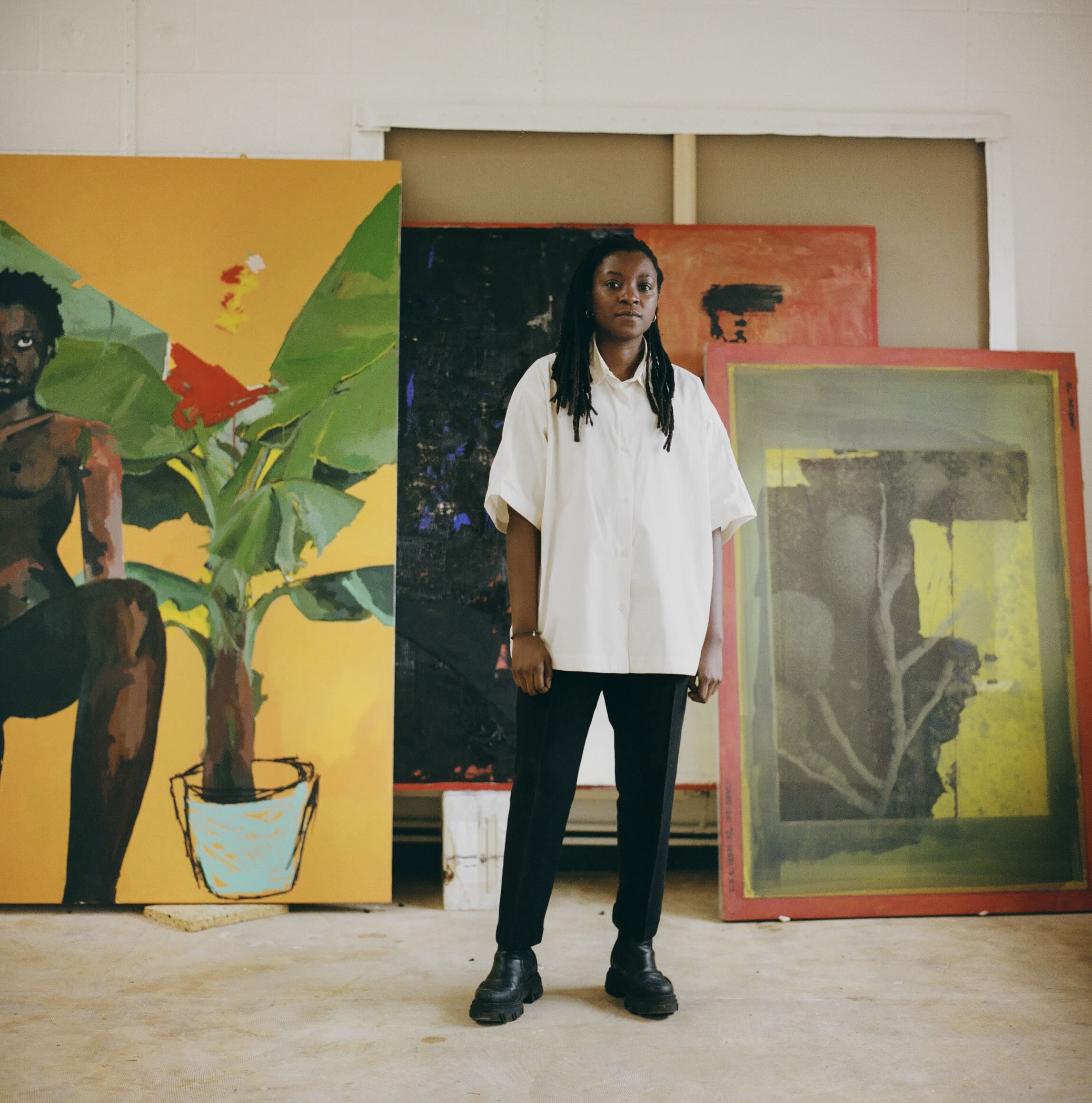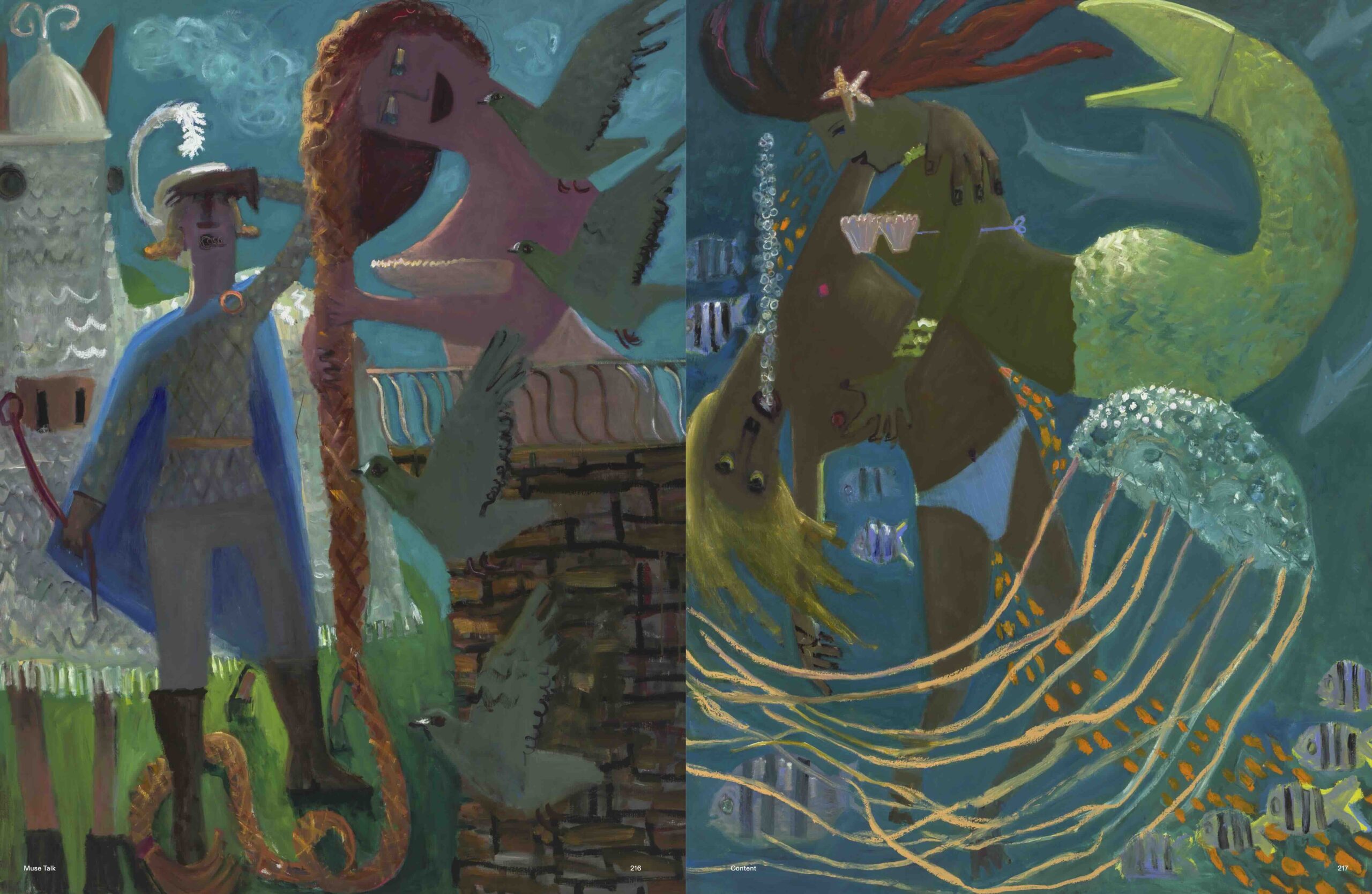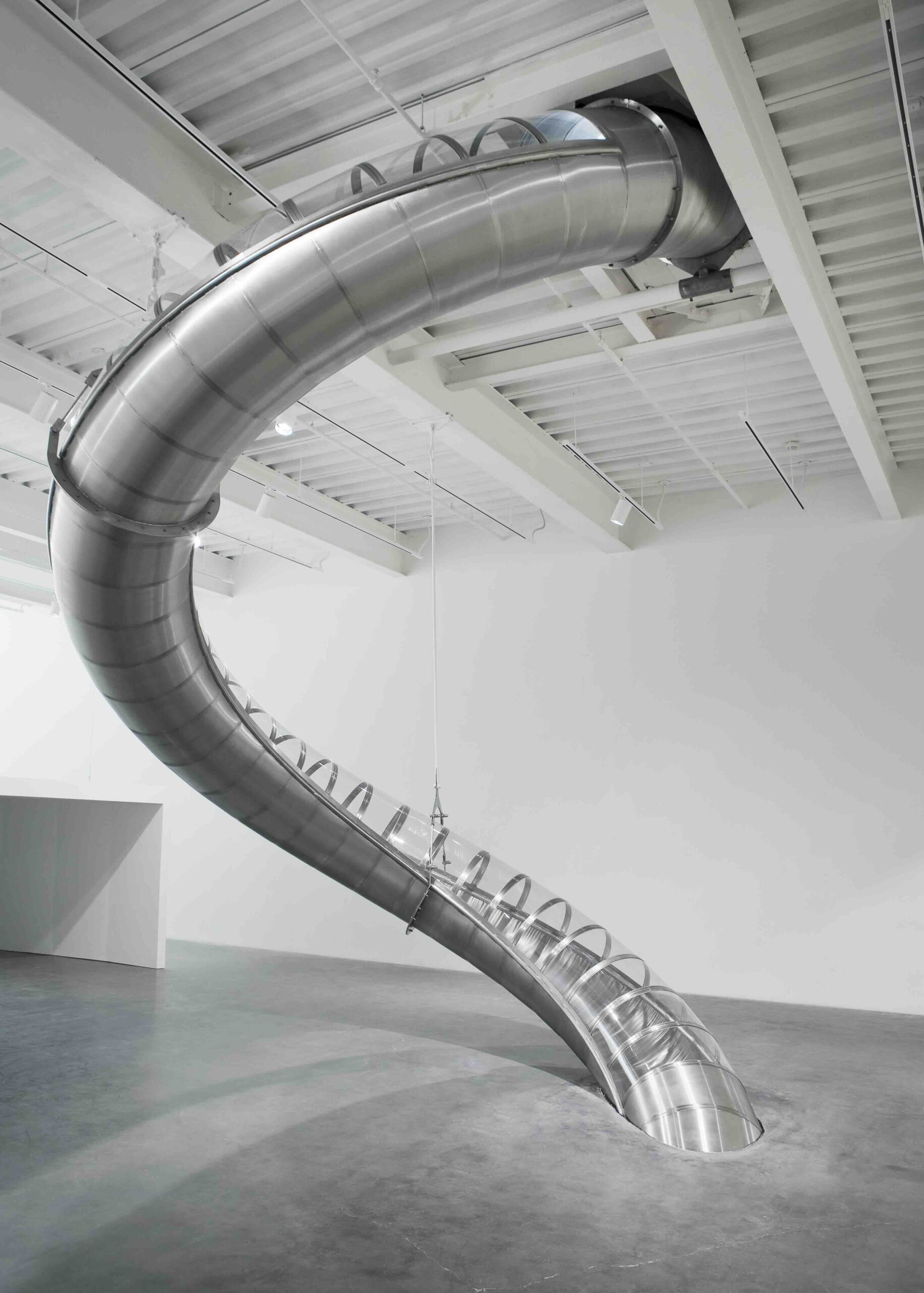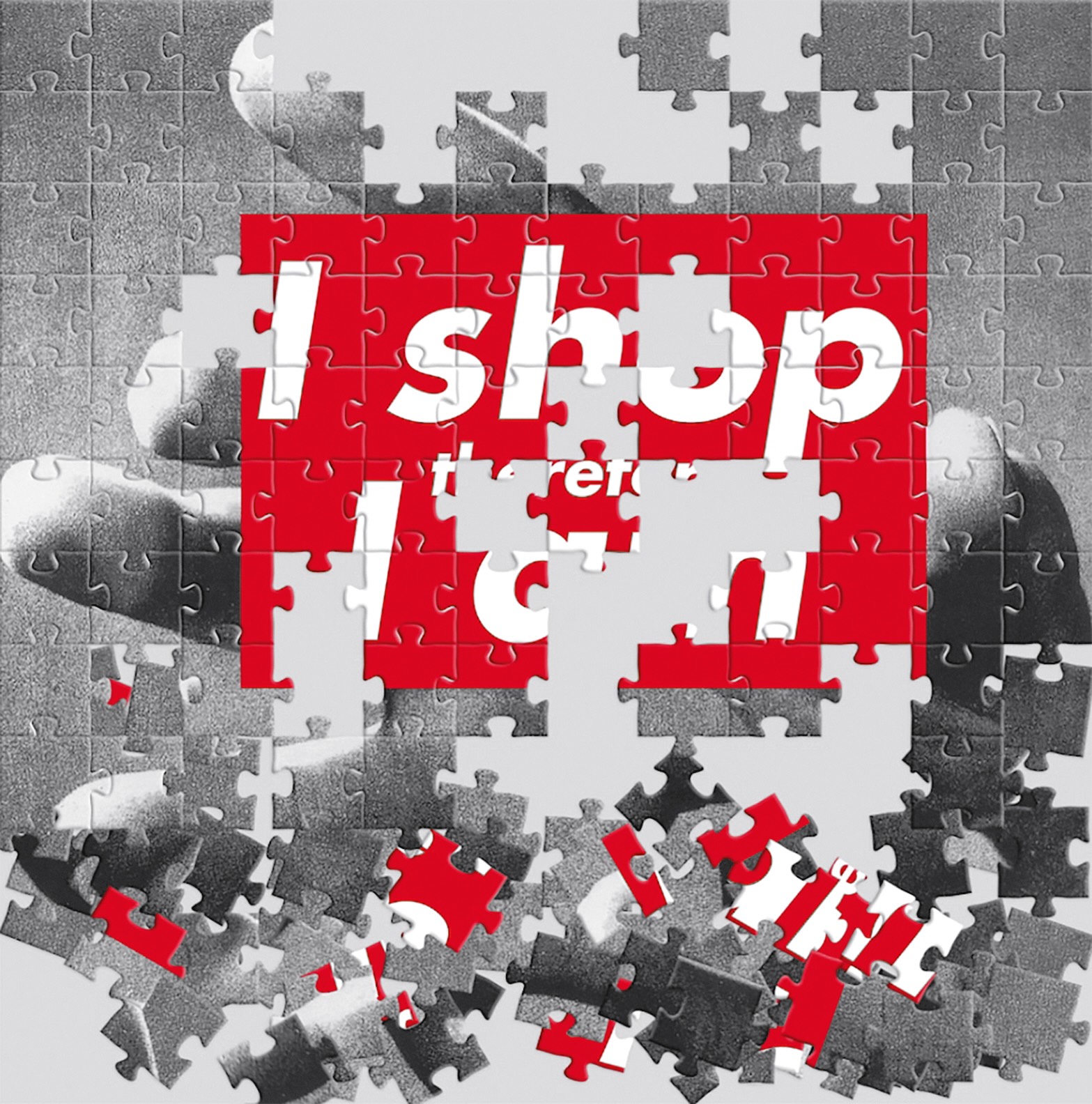For 15 years or so Aram Bartholl has been producing sculptures or situations that question our relation to the Internet, media and how we use these devices and what weird situations occur. Nowadays, it’s just happening all the time on social media. All of our lives are taking place on Instagram and other platforms. He has always been interested in this feedback loop, making artwork and pictures appearing online.
[PS] How would you describe your lockdown?
[AB] It was pretty straight-forward since I’m teaching art at the school in Hamburg. Everything was on Zoom, online teaching. This was new as well, but I didn’t have all of this trouble that friends had with events, shows, travel canceled. For me, as for many others, the main change was to go into a home office. As an artist, working from a home is nothing new. But I wasn’t going to school anymore. And then it was very interesting to see what happened in the art world and how institutions and galleries were trying to pick up new forms of digital exhibitions. I’ve been working with digital media and all of these computer-related questions for almost two decades now, so it was intriguing. And of course this year the whole NFT discussion came in. It was very interesting to observe what was going on in terms of digital exhibitions, streaming, online conferences. That was exciting. And then it becomes boring when you’re invited to another birthday party on Zoom. The private life online is just boring.

[AB] Whatever the problem, we’ll find a solution in software, optimization and AI. But it really leaves behind the provisions for what people really need. What happens to our society if everyone is depending on a smartphone?
[PS] I did go to a Cinco de Mayo party on Zoom! It’s so impressive how much work you were creating and presenting over the past year. Can you speak about some of these projects?
[AB] The major project last year was this installation piece in Berlin, Unlock Life, which is the slogan for the Lime rental scooter and bike company. On the one hand I like to talk about the Internet, but then I’m also talking about these more recent start-up companies. I went to canals here in Berlin and retrieved scooters and bikes that kids threw in the water. The rental scooters only came to the city in June 2019. For me, they’re like these Internet companies coming into our physical public space. They’re so colorful and they pop up in the city. They’re new, fresh and they allure you with their color. However, the way these companies behave is very careless. They don’t ask the city. A lot of trouble occurs. And the kids that use them are just as careless as the companies, throwing them in the water. So once I retrieve them, they become witnesses of these startup tech companies. They immediately become dinosaurs of this digital age, even though they’re just two years old. This fits very well in the Corona time, with the feeling that things are on hold. They’re not working as they used to be anymore. There’s this contradiction with Internet time and physical time and the developments taking place. These pieces traveled through a couple of different shows. And then there was a show at the end of last year about the Museum Island. It was a specific, Berlin political show. In the center of the city they were finishing the rebuilt castle. It was decided in the ’90s to do this, but it was very much disputed. There was such a connection with the old Kaiser Germany, people who would have loved to have the Schloss back. First they took down the Palast der Republik palace of the people from GDR times (Deutsche Demokratische Republik); the GDR took down the Schloss, which was destroyed in the war. Then with the reunification with West Germany, they took down that palace and rebuilt the old castle.
[PS] How did the work manifest?
[AB] There was this abandoned Tropicana tourist office shop and my friends had a group show organized across from the castle. During the construction, there was a brief fire on the Schloss, so there are images of these huge black clouds above it. In response, I just printed postcards with these social media images of the castle on fire. For me, they represent all of the political and historical trouble associated with the castle.
Read the full interview on September Issue 58.
